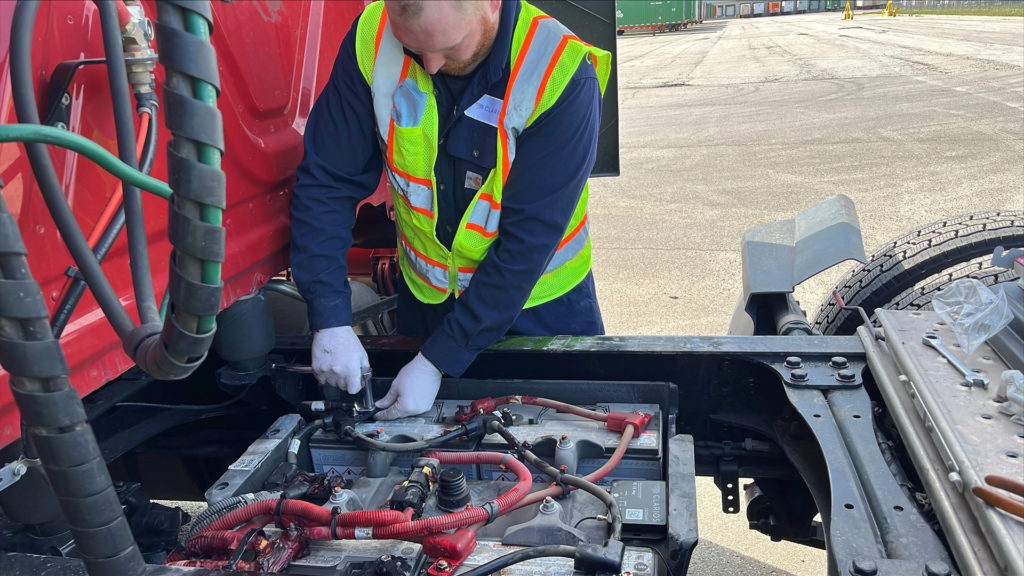US battery maker Clarios to build $1B critical minerals plant
Posted Under Commodity News, On 20-05-2025
Source: mining.com
Clarios, the world’s largest manufacturer and recycler of low-voltage batteries, has announced plans to invest up to $1 billion in a state-of-the-art critical minerals processing and recovery plant in the US.
This initiative marks a significant step in Clarios’ strategy to enhance the domestic supply of critical minerals, the company said in a news release Tuesday.
Headquartered in Glendale, Wisconsin, Clarios is owned by global investment firm Brookfield and has 16 manufacturing and distribution centers across the US.
For the new plant, the battery maker said it has already completed preliminary site assessments and is eyeing Indiana, Texas or Utah as possible locations for this investment.
The project — part of Clarios’ larger $6 billion energy manufacturing strategy — is expected to be backstopped by the federal government’s advanced manufacturing tax credits.
“The new critical mineral processing and recovery plant will utilize cutting-edge technologies to extract antimony and other critical minerals from recycled materials, improving both the efficiency and sustainability of the recycling process,” the company said.
Antimony, crucial to the production of ammunition, infrared sensors and precision optics, is currently in high demand after China imposed export controls last September. Since then, price of the strategic metal has more than tripled.
Clarios said its strategy aligns with the US government’s focus on bolstering its domestic supply of critical minerals.
“The administration has emphasized the importance of these minerals for national security and economic growth, as highlighted in recent executive orders aimed at increasing supply and reducing dependence on foreign sources,” it said.
“By investing in critical mineral processing and recovery, Clarios is supporting these national security priorities and contributing to the resilience of the US supply chain.”
Clarios previously filed to go public in the US in 2021 but later put that on hold due to macroeconomic pressures. Earlier this year, the company withdrew the IPO plans.

